Culture and Civilization:
Many of the earlier social scientists used the terms “culture” and “civilization” to distinguish levels of human development, for example, to distinguish between “savage” and “civilized” societies. In short, civilization is the later phase of culture, characterized by a civil social organization as in the cities, in contrast to kinship organization in traditional societies. Anthropologists like A. A. Golden-Weiser consider the two terms synonymous.
The word Civilization is derived from the type of social organization. Preceding civilization, society in Europe and Asia was organized on the basis of kinship. With the development of villages and larger communities, kinship was greatly reduced as a factor of social organization and relegated largely to the family as found today. Groups were organized on a civil basis, as cities are at the present time. According to L. H. Morgan, civilization is marked by “the use of writing in literary composition” and “the production of written records”. But as the elaborateness of the preliterate culture has come to be appreciated, it is realized that the distinction between civilization and primitive society is not so clear-cut as was once thought.
By a civilization, anthropologists mean a culture complex formed by the identical major cultural features, of a number of particular societies. Anthropologists, for example, describe western capitalism as a civilization, in which specific forms of science, technology, religion, art, and so on, are to be found in a number of different societies.
Though culture and civilization are used to refer to the same, Maclver and Page noted the following differences between culture and civilization:
(1) Civilization is measurable quantitatively on the grounds of efficiency, while culture is not.
(2) Civilization is a progressive one and culture is not.
(3) Civilization consists of external material things while culture is related to internal thoughts, feelings, values, etc.
(4) Civilization and the products of it could be easily transmitted not only from one country to another but also from one generation to another. On the other hand, culture and its products are transmitted by its assimilation by the votaries. Only those who are worthy of it, acquire it.
Other differences proposed by others are:
(5) To Kant, civilization was a matter of outward behavior whereas culture requires morality as an inward state of man.
(6) Civilization is external and mechanical, utilitarian and concerned only with means, while culture exclusively deals with ends and is internal, organic, and final.
(7) Civilization interests are essentially competitive or exclusive, whereas cultural interests are in general inclusive.
(8) Civilization shows in its march to a persistent upward trend, whereas culture on the other hand advances more slowly and is also subjected to stagnation and retrogression.
(9) The works of civilization can be improved by anybody but that is not possible in the case of culture.
(10) The work of civilization can be more easily comprehended and communicated than those of culture.
(11) Civilization may be adopted without effort while the adoption of culture depends upon personality and nature.
(12) When civilization is borrowed by a country or a generation other than its originator, it does not suffer any deterioration, loss, or damage, whereas the elements of culture such as religion, art, literature thoughts, ideals, etc. can never be borrowed in their original character.
(13) Civilization is the body, whereas culture is the soul.
Interrelation Between Culture and Civilization:
In spite of the differences between culture and civilization, they are inextricably interrelated.
(1) Culture is the breeding ground of civilization and civilization serves as the vehicle and environment of culture. Culture guides the more of civilization. Without culture, civilization may make a man lag in the wheels of the machine he builds.
(2) Culture and civilization act and react to each other. Utilitarian means are used in the pursuit of cultural ends and cultural interests are added to utilitarian objects. The articles of civilization are influenced by culture and culture is influenced by articles of civilization.
(3) Both culture and civilization are the outcomes of man’s endeavors. Both act as an environment and also a means of development of his social life.
(4) All cultural expressions depend on some technical process. Civilization put limitations under which we are to live and pursue our satisfactions. Civilization determines the degree to which cultural activity of whatever kind, is released or limited.
(5) Culture and civilization are interactive. Culture responds to the stage of technological development.
(6) Culture affects a civilization. The people must interpret their inventions, new devices, techniques, and power in the light of their valuations. Civilization cannot escape from the influence of the creed and the standards and the styles of age. Every change in cultural valuation has its repressions on the civilizational structure of the group.
(7) Civilization is the driving force of society while culture is its steering wheel. Maclver and Page say, “Civilization is a ship which can sail to various parts and sets the conditions and limits of the journey; but the best to which we sail, the direction and speed of the best and the selection of opportunities placed at one’s disposal are the work of culture.”
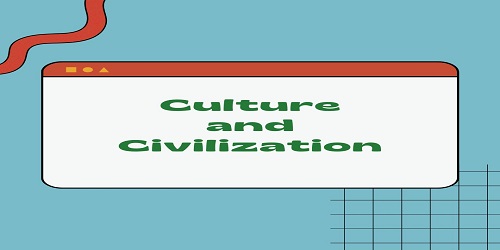



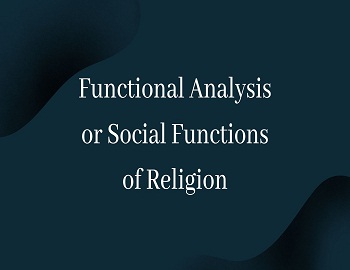
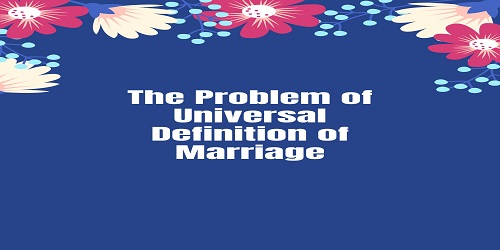
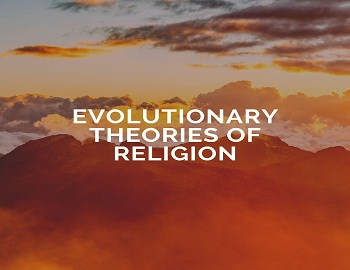
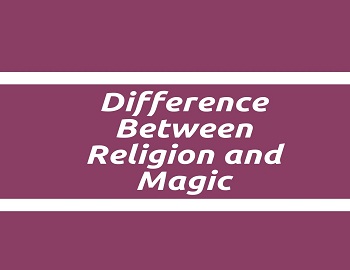
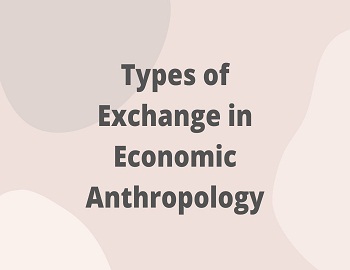
Comments (No)